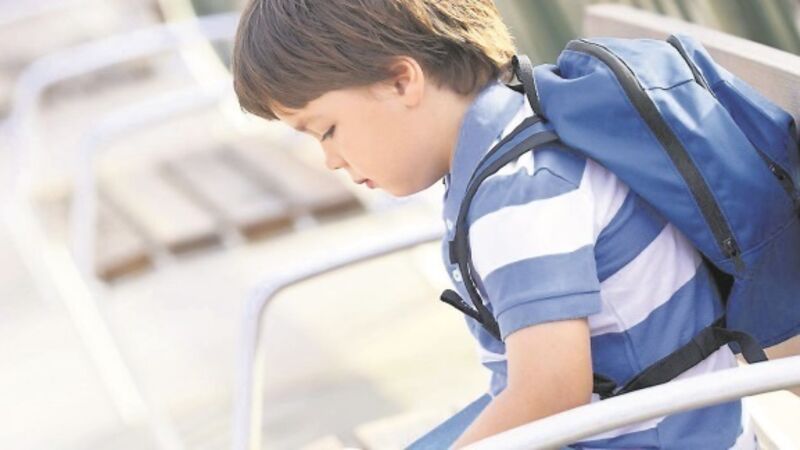Best ‘rainy day fund’ we can invest in is development of our children

It’s a great opportunity to be out on the street with volunteers, meeting people and talking about the work we do.
I’m blown away every year by two things. First, the number of people who go out and volunteer. There’ll be around 2,000 of them, including a large number of employees from Dell, one of the most successful and long-standing technology companies we’ve ever had in Ireland. I’ve met hundreds of them over the last couple of years, in Dublin, Cork and Limerick, and what amazes me is how much they get it.

















